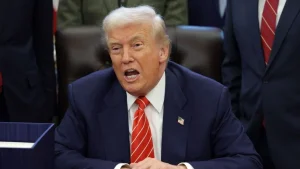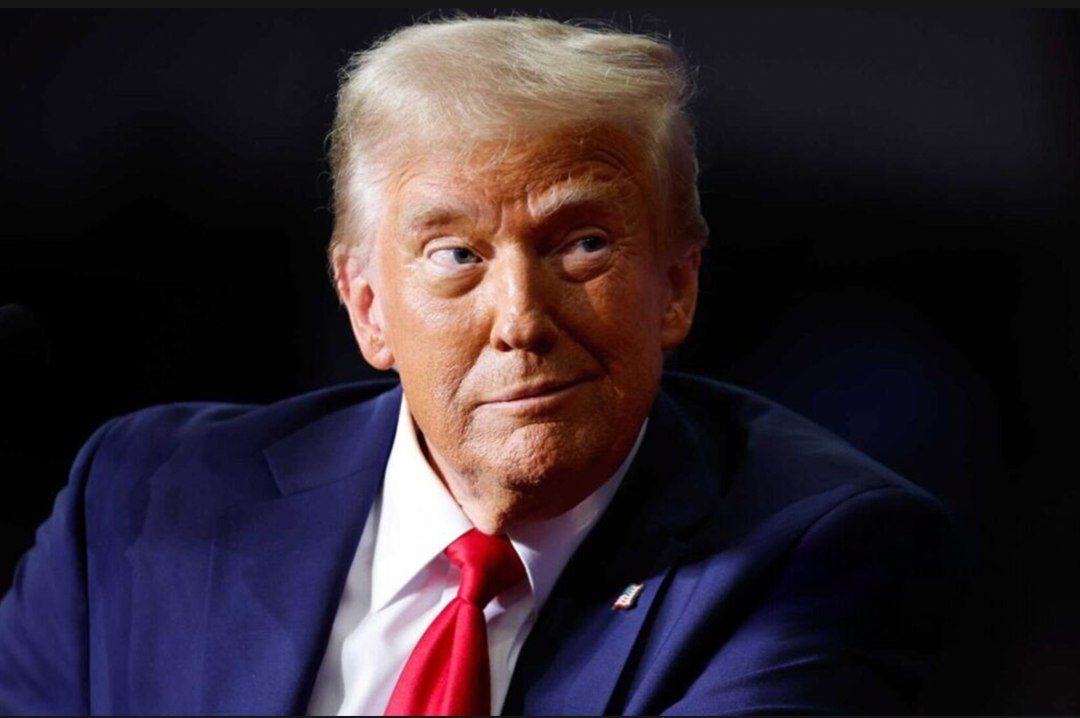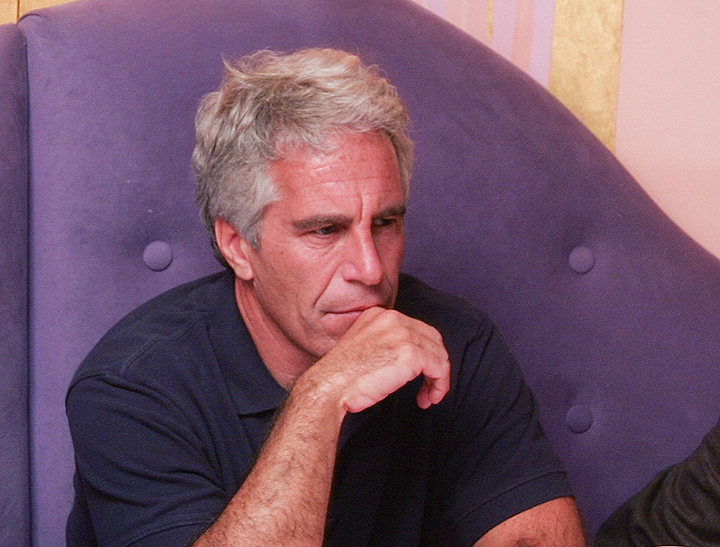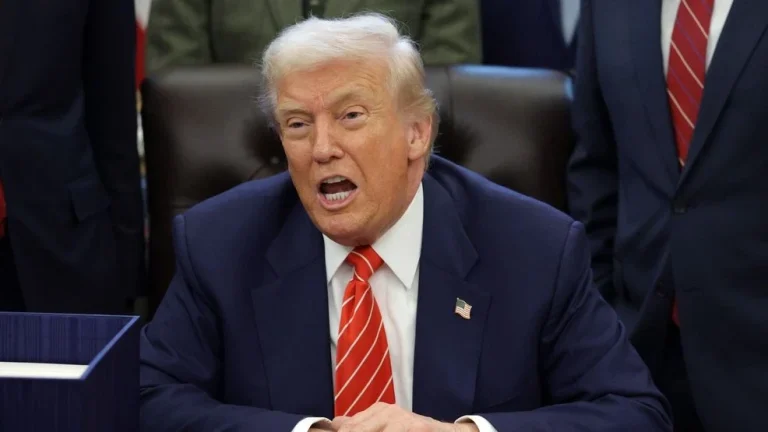NOTE: VIDEO AT THE END OF THE ARTICLE:
President Donald Trump scored a major victory this week as one of his most controversial policies—his aggressive tariff strategy—received unexpected praise from a leading economist who once predicted it would lead to recession. The reversal sparked a passionate response from the President, who declared it one of the most satisfying moments of his time in office.
During a White House press conference, a reporter posed a question referencing economist Torsten Sløk’s changed stance. Sløk, chief economist at Apollo Global Management, had previously warned that Trump’s use of tariffs could trigger economic decline. However, in a recent analysis, he admitted the administration may have “outsmarted everyone” by turning what appeared to be protectionism into a calculated, strategic policy.
“This is the best question I’ve ever been asked,” Trump beamed, pointing to years of criticism he had faced. “We’re taking in hundreds of billions of dollars. No inflation. No recession. It worked.”
Sløk’s shift marks a major moment in the broader debate over Trump’s economic legacy. When the President introduced sweeping tariffs on trade partners like China, Mexico, and the EU, critics warned of rising consumer costs, global retaliation, and market instability. Sløk echoed these concerns early on, joining a chorus of economists who labeled the approach reckless and short-sighted.
Yet, as the data poured in, the reality proved very different. The U.S. economy has remained strong, with unemployment low, GDP steady, and markets soaring. On June 27, both the S&P 500 and Nasdaq reached record highs, fueled by robust economic indicators.
In his updated analysis, Sløk argued that Trump’s tariffs might not be permanent measures, but tactical levers meant to push global trade partners into fairer deals. He outlined a scenario where sustained tariffs could yield $400 billion in annual revenue while encouraging long-term trade liberalization—a dual win for America’s economy and negotiating position.
Trump echoed that sentiment. “They said we’d have a recession. They were wrong. Maybe they need to go back to business school,” he said with his trademark bluntness.
The administration’s success challenges decades of conventional economic wisdom, proving that nontraditional methods can produce unexpected results. Sløk’s reversal suggests that Trump’s tariffs weren’t blunt-force protectionism, but a sophisticated tactic aimed at resetting global trade dynamics.
For Trump, who built his campaign on reshaping America’s trade relationships, the moment is more than personal vindication—it’s policy validation. And for economists and policymakers, it’s a clear reminder that in today’s complex global economy, unorthodox thinking can sometimes deliver the most surprising wins.
PLAY:

Sarah Mitchell is a bestselling novelist recognized for her insightful and emotionally resonant stories that explore the complexities of human relationships. Originally from Denver, Colorado, Sarah grew up in a family of teachers who nurtured her curiosity and love for storytelling. She studied psychology at Stanford University, where she became fascinated by the intricacies of human behavior—an interest that would later shape her writing career. Sarah’s novels are praised for their nuanced characters, intricate plots, and ability to capture the subtle tensions that define love, friendship, and family ties. Her breakthrough novel, The Spaces Between Us, became an instant bestseller, lauded for its honest portrayal of strained family relationships and the fragile bonds that hold people together. Since then, she has published several works that continue to captivate audiences around the world. Outside of her writing career, Sarah is passionate about mental health advocacy and often partners with organizations to promote awareness and support for those struggling with emotional well-being. Her personal life is quieter—she enjoys hiking in the Colorado mountains, practicing yoga, and spending time with close friends. With each new book, Sarah Mitchell cements her reputation as a writer who illuminates the beauty and struggles of human connection.









